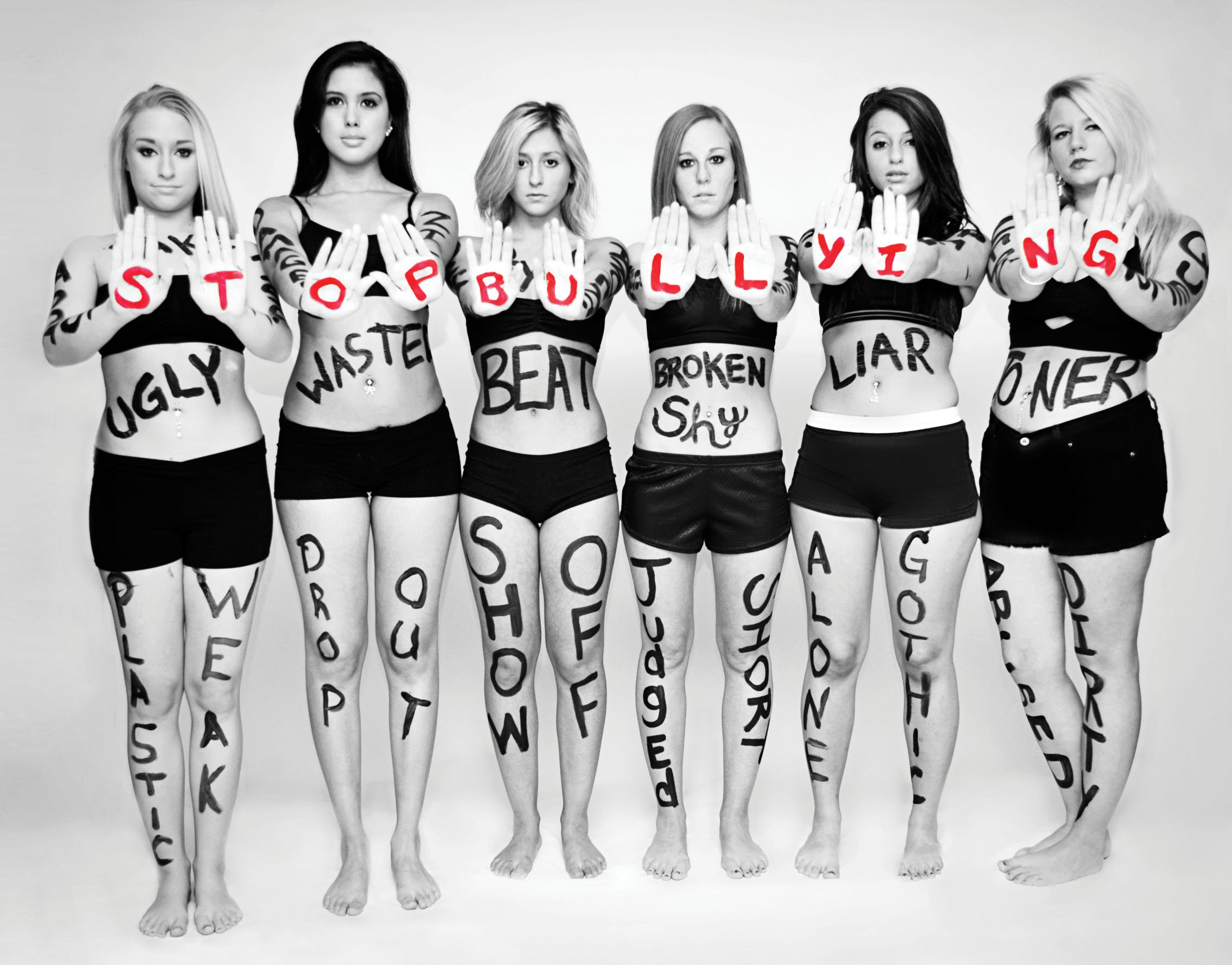For years I had been taught that for a relationship to be
lasting and fulfilling, I’d have to be generous beyond my comfort
zone. Maintaining healthy relationships does take some effort and I might
have to be on the giving end quite often to be accepted and loved. It’s only after
I got married, I realised that I couldn't have been more wrong.
Marriage was synonymous with change for me. It meant I had
to completely strip myself off my old self and be a brand new me. I was an independent
woman and had never stepped into the kitchen apart from the times I had to fix myself some instant noodles. I liked to sleep in on holidays and
pamper myself. I had a head on my shoulders and held my own unbiased opinions
about the world around me.
All that changed after marriage with a lot of effort on my
part. I started spending time in the kitchen trying to create things that would please my new family. I used to be up early regardless of the time I had hit the sack, a habit that would make my new
family accept and love me. I had things taken care of before they even thought about it. I showered them with gifts every now and then. I tried to accept traditions that made my new family happy regardless of my own likes and dislikes. And since I was putting in so much effort, I did expect some appreciation in return.
The time I had for myself soon dwindled to a few
minutes a day. I gave up reading, a passion since childhood, simply because there was no more time. A day of never-ending domestic chores, being over-accommodating,
and always nodding in agreement out of the fear of offending someone, was enough to suck all energy out of me.
Soon discontentment settled it. I was in constant battle
with myself to stop nodding at things I did not believe in. I craved for more
personal time to get back in tune with myself. My body was demanding more rest. I desperately wanted to be me
again.
Time passed and people forgot all the gifts and the good things I'd done. My obligation to do what I thought was expected of me was misunderstood as a belittling act. My exercising caution to keep away from sensitive family issues was taken to be dis-involvement and indifference. I faced frequent criticism over my culinary skills and I was constantly dealing with snide remarks instead of the appreciation I had expected for all my services. Yet, I absorbed everything negative, never venting it out. I spent sleepless nights rewinding the incidents and thinking where I went wrong or what I should have said or done. I was in a pitiable state and a feeling of being victimised began gnawing at me. I couldn't quite understand where it had all gone wrong. I was doing my job, but there was no result, no appreciation, no acceptance; only judgement. And so, I ruminated on this problem often, reliving all the hurt, refusing to let go off the baggage.
And then one day, everything came crashing down. I had been too much on the giving end for too long and had exhausted myself out. A war of
words broke out, flared by my incapability of expressing my true feelings and their incapacity to understand it.
It was only after a year that it dawned
on me what had gone wrong. I had felt unappreciated, that was my part of the problem; the other part was that others
had always been on the receiving end. They had the need to be appreciated too, which I had failed to fulfil. That’s when I switched sides and put myself on the receiving end doing
my bit whenever required and allowing myself the luxury of not always being perfect.
Miraculously, things changed for the better. I realised that simple things like appreciating my mother-in-law for something she had cooked would have worked; only that she would have had to fight her way through my excessively accommodating nature to receive that appreciation. Or I would have thanked my father-in-law for a lift, had I not been awfully concerned about the inconvenience it would cause him. All these were missed opportunities.
A relationship is a balance between giving
and receiving and no relationship with an imbalance of these two elements can survive and thrive. Though, the wounds
of the past have left their mark, I guess I'd just bank on time to do what it does best; heal.

























